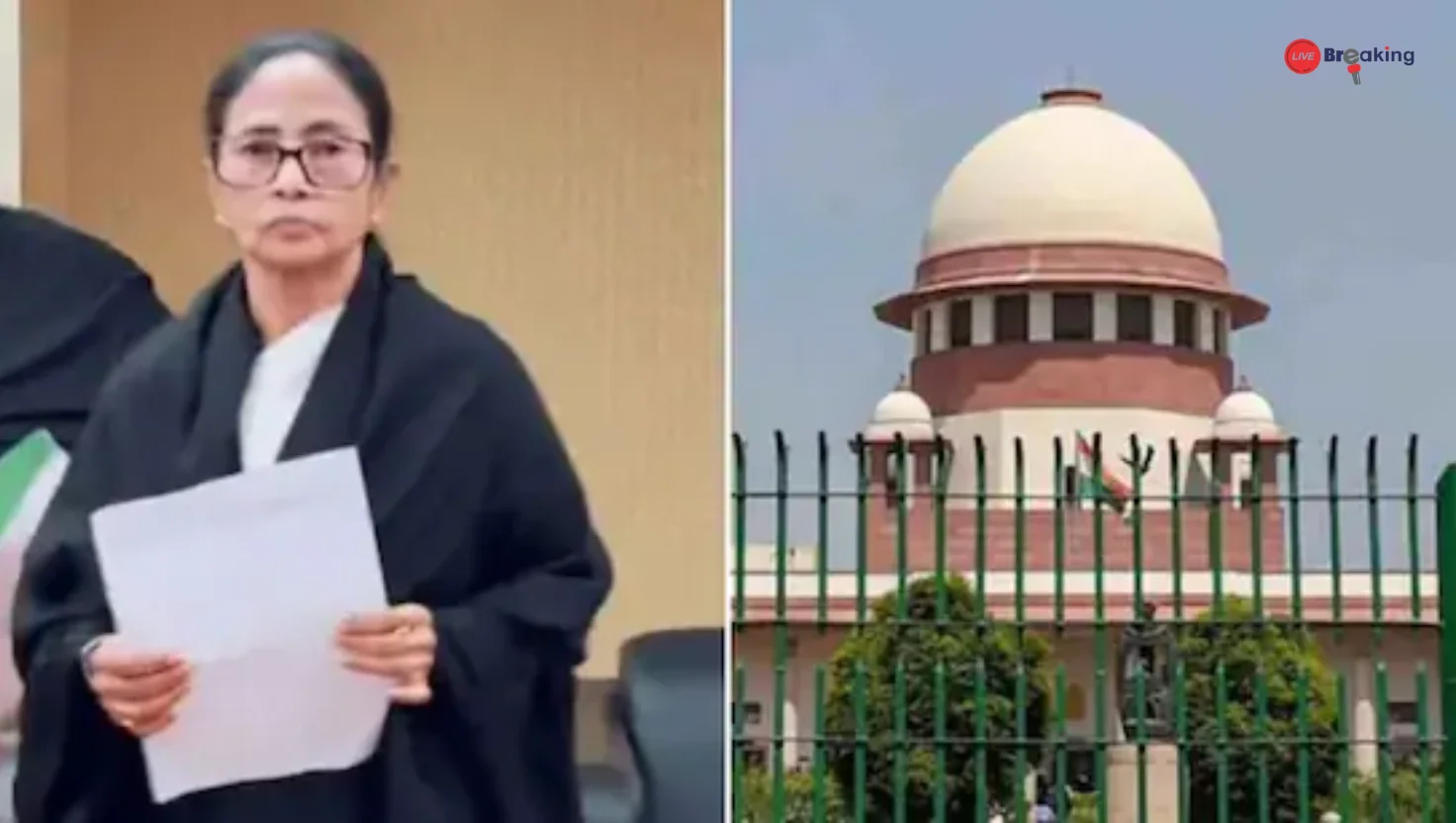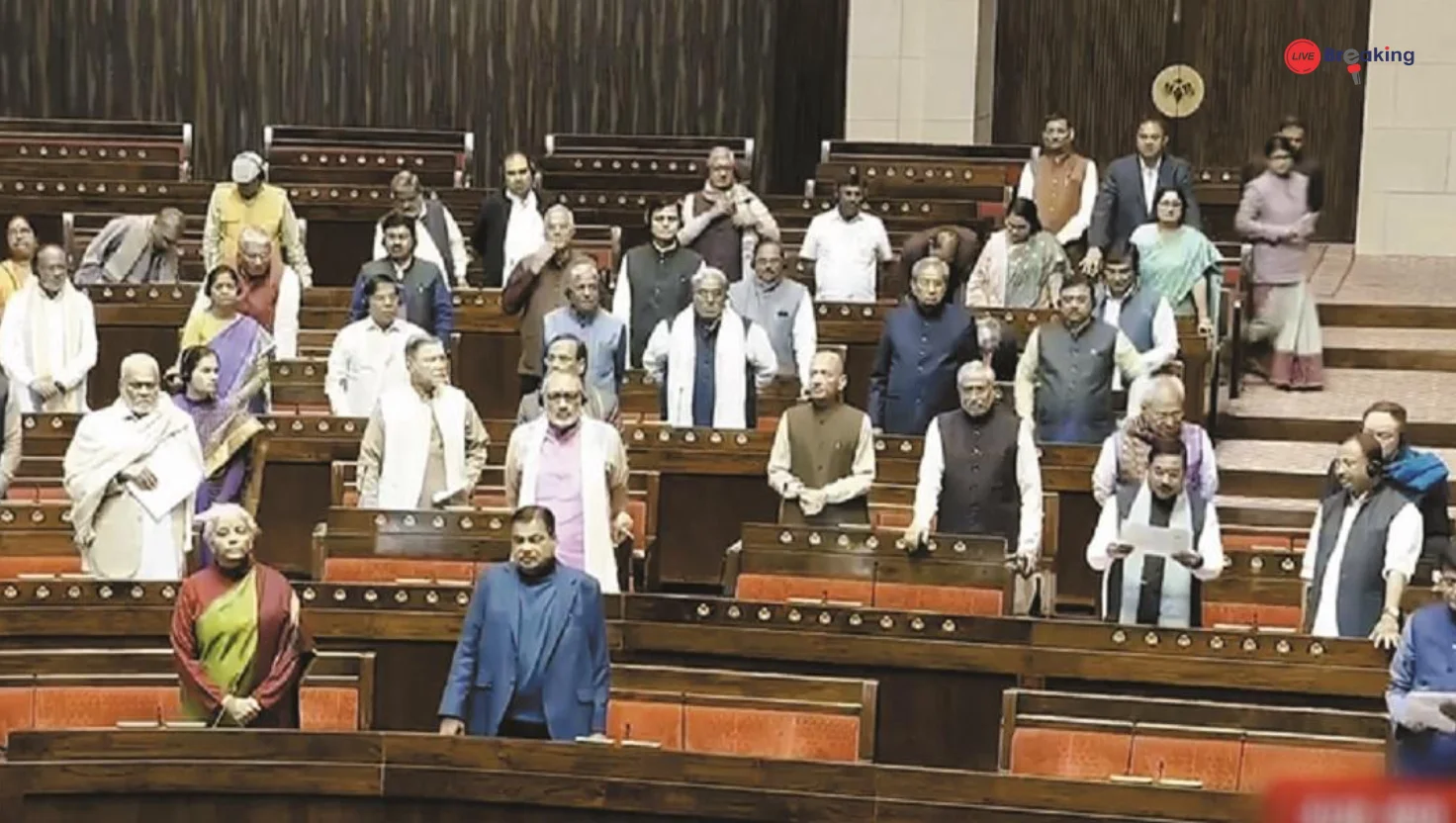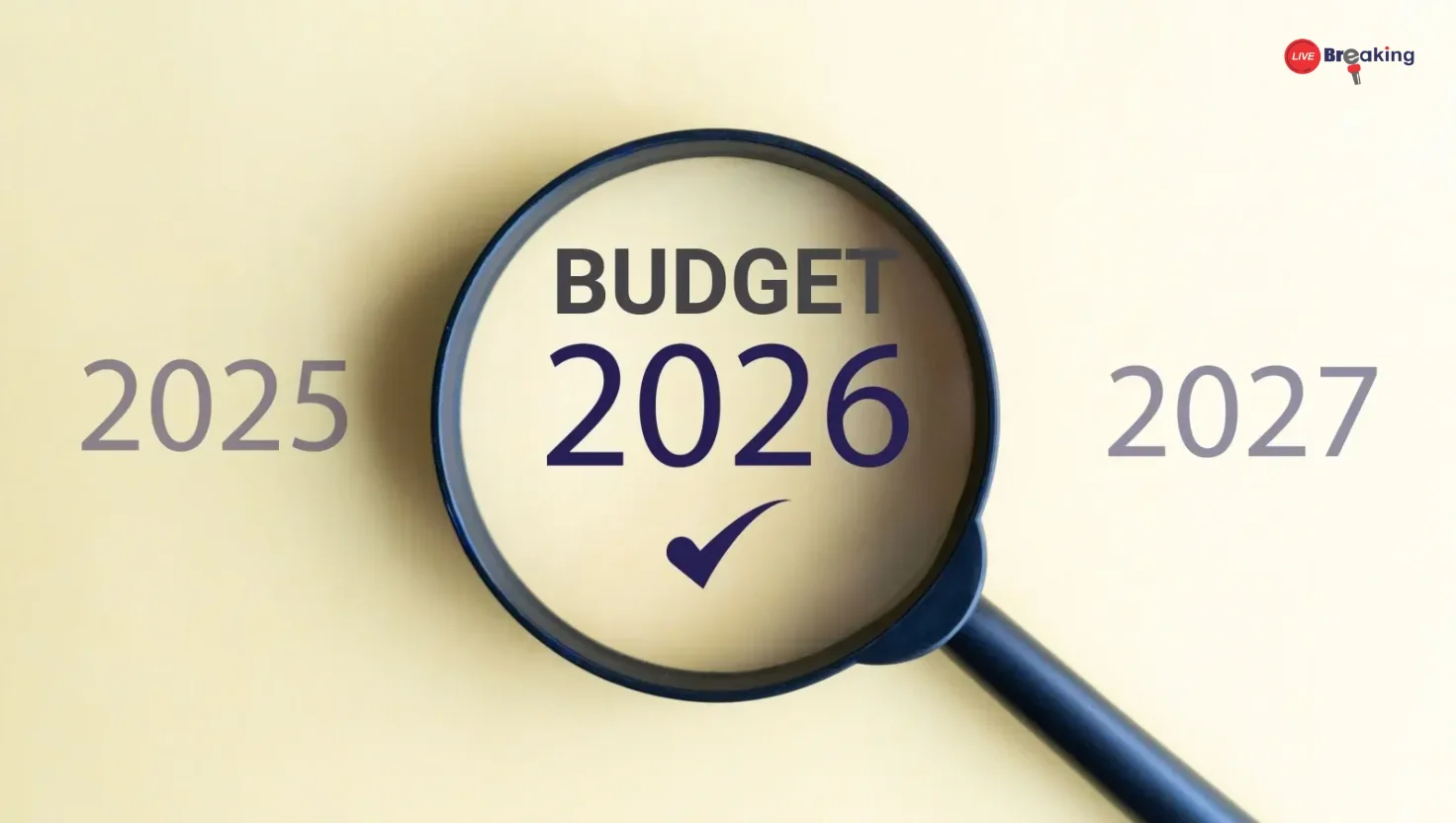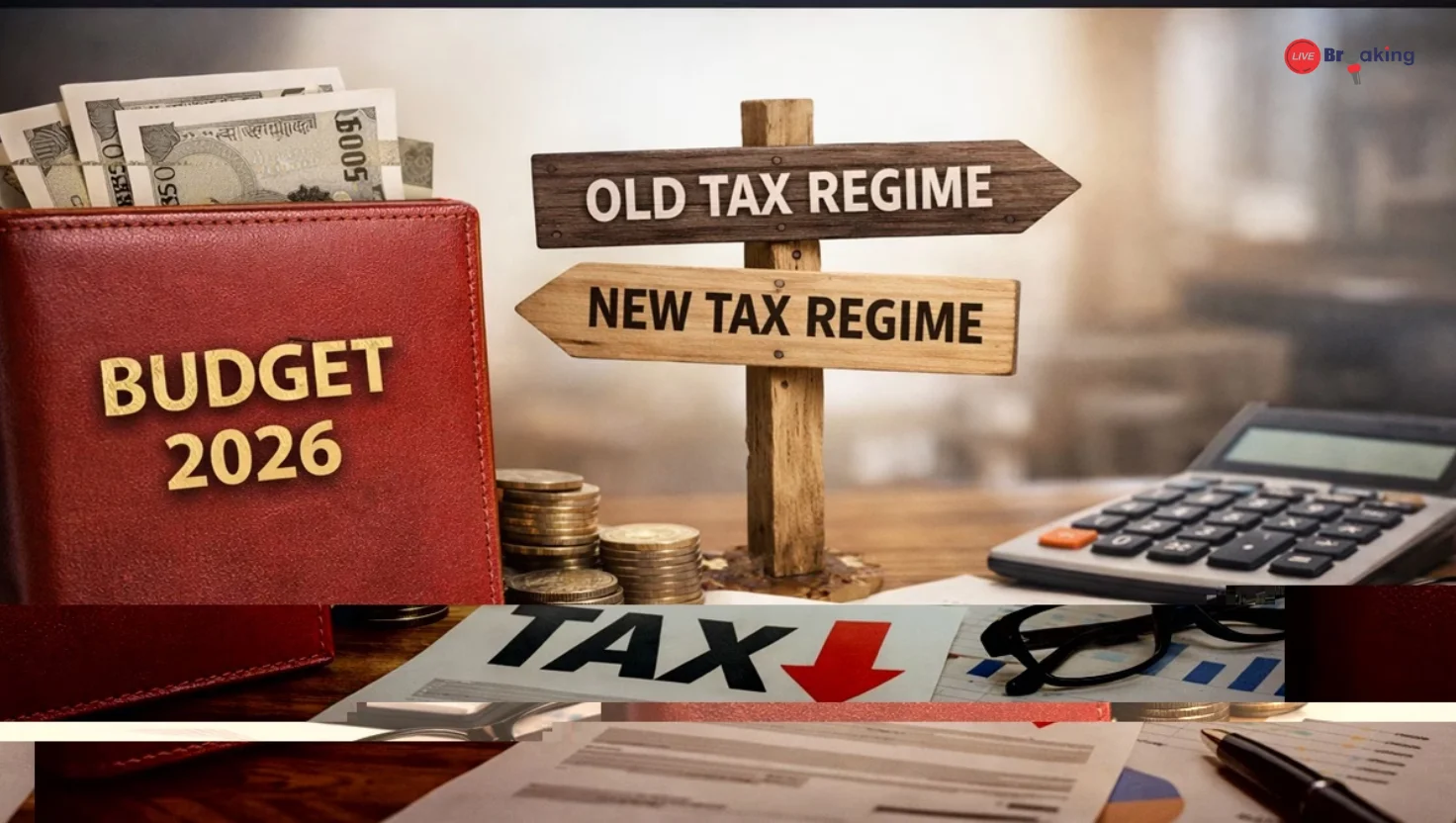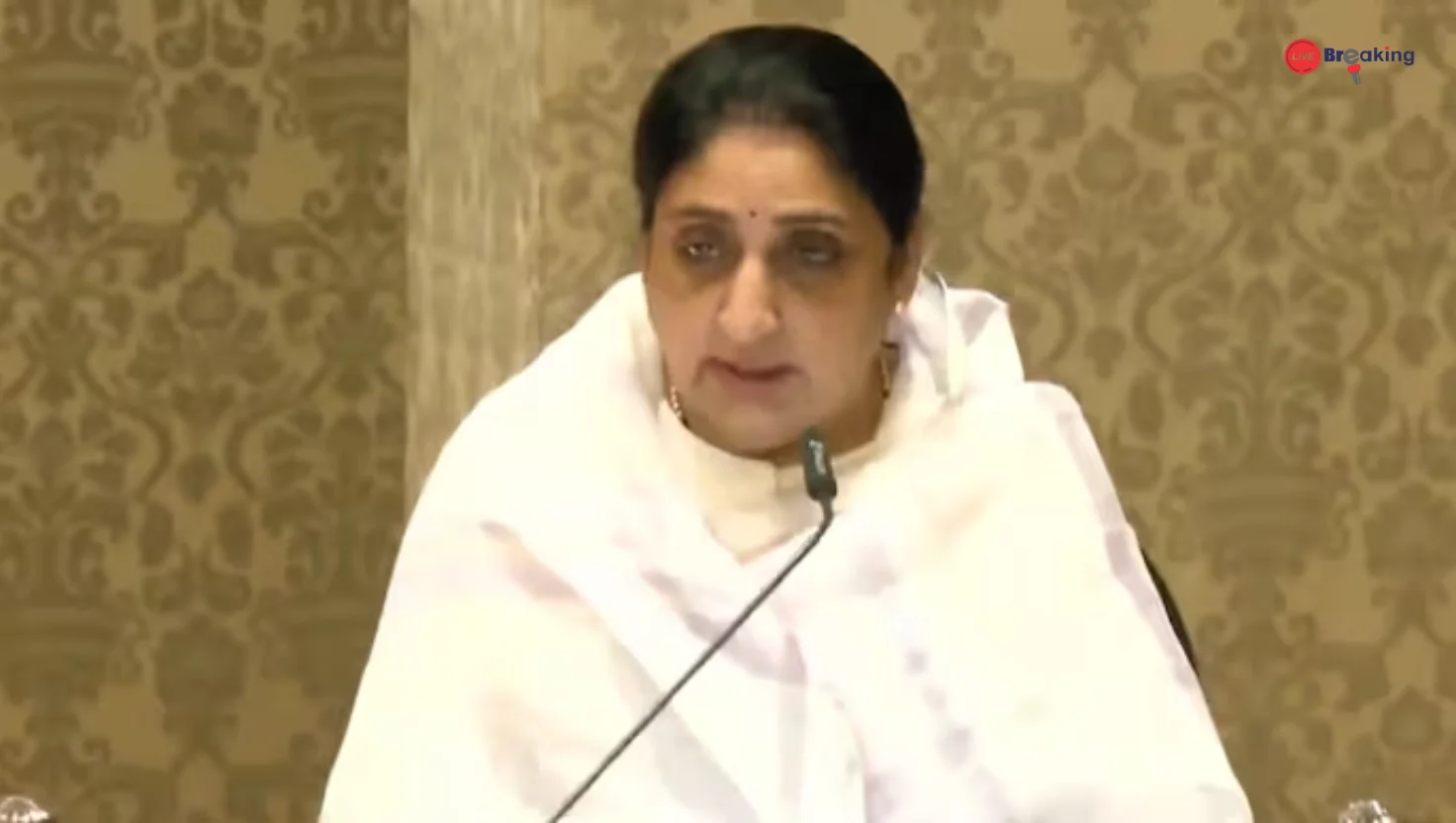‘Pakistan Is Testing Nukes, US Also Needs To’: Trump On Need For Nuclear Order
Former US President Donald Trump has once again stirred global headlines with his fiery remarks on nuclear policy. Speaking on the perceived imbalance in global nuclear capabilities, Trump declared that if countries like Pakistan are conducting nuclear tests, the United States should also “reassert its strength” through its own testing programs. His comments have reignited discussions around nuclear deterrence, global disarmament, and the delicate balance of power that defines international security today.
A Call for Nuclear “Parity”
Trump’s statement came in the context of growing international tension over nuclear weapons testing and modernization. By citing Pakistan’s alleged activities, he argued that the United States must not appear passive or complacent while other nations advance their nuclear capabilities. According to him, the US needs to ensure it remains at the forefront of nuclear readiness and technological superiority to preserve its strategic dominance.
He emphasized that nuclear deterrence has long been a key element of America’s defense posture, suggesting that any sign of weakness could embolden rival nations. The statement, characteristic of Trump’s assertive “America First” approach, echoed his earlier positions on military strength and self-reliance. However, it has also raised eyebrows among diplomats and analysts who fear that such rhetoric could reignite a dangerous global arms race.
Echoes of the Cold War Era
Trump’s comments have drawn comparisons to the Cold War period, when the United States and the Soviet Union engaged in decades of nuclear brinkmanship. While the world has since moved toward non-proliferation treaties and test bans, the recent geopolitical climate — with tensions involving Russia, China, North Korea, and parts of the Middle East — has created a sense of renewed instability.
By pointing to Pakistan’s nuclear activities, Trump touched on a sensitive issue. Pakistan, which became a declared nuclear state in the late 1990s, has maintained a policy of minimum credible deterrence against its regional rival, India. Any mention of new nuclear testing in South Asia is bound to raise global concern, as the region remains one of the most volatile nuclear flashpoints in the world.
The U.S. Stance on Nuclear Testing
Since the signing of the Comprehensive Nuclear-Test-Ban Treaty (CTBT) in 1996, the United States has maintained a moratorium on nuclear tests, relying instead on simulations and advanced technology to maintain its nuclear arsenal. While the treaty has not officially entered into force, the US has upheld its commitment to non-testing as a signal of restraint and responsibility.
Read more: Nitish Kumar Flexes Power: JDU Snatches 5 Key Seats Sought by Chirag Paswan
Trump’s suggestion to resume nuclear testing, therefore, challenges decades of bipartisan policy aimed at preventing nuclear escalation. Proponents of a strong nuclear deterrent argue that modernization and testing are necessary to ensure national security, while critics warn that such moves could undermine global non-proliferation efforts and trigger reciprocal actions from other nuclear states.
Global Reactions and Strategic Implications
Trump’s remarks have once again placed the issue of nuclear arms back into the global spotlight. Experts suggest that even rhetoric about resuming nuclear testing can have far-reaching consequences, potentially affecting diplomatic relations, trade agreements, and international security frameworks.
Countries that have long advocated for disarmament may view such statements as a setback to global peace efforts. On the other hand, supporters of Trump’s viewpoint see his statement as a necessary reminder that the US must maintain unquestioned military superiority to deter adversaries.
The comments also come at a time when global powers are reassessing their security postures. Russia’s nuclear rhetoric in the context of the Ukraine conflict, China’s growing military capabilities, and North Korea’s missile programs have already strained the international order. Trump’s words add a new layer of tension to an already complex geopolitical puzzle.
A Renewed Debate on Nuclear Order
The former president’s call for “nuclear readiness” revives a long-standing debate — should global powers focus on deterrence through strength, or disarmament through diplomacy? Supporters argue that testing and modernization are essential for maintaining credible defense capabilities, while opponents stress the moral and humanitarian risks associated with expanding nuclear arsenals.
Read more: Rahul Gandhi Has No Right to Comment: LJP MP Responds to ‘Drama’ Remark
Trump’s statement, whether seen as strategic posturing or political provocation, underscores one undeniable truth — the world remains deeply divided on how to manage nuclear power responsibly. The concept of a “nuclear order” that balances deterrence with restraint continues to be one of the greatest challenges of the modern era.
The Way Forward
As global leaders react to Trump’s remarks, one thing is clear: the debate over nuclear weapons is far from settled. The United States, as one of the most powerful nations on earth, carries both the capability and the responsibility to set the tone for global security. Whether it chooses to reassert its nuclear dominance or double down on diplomacy will shape the future of international peace and power dynamics for decades to come.
Trump’s call for renewed nuclear action may resonate with those who favor strength over compromise, but it also serves as a stark reminder of the fragile balance that underpins global stability. The world will be watching closely to see whether these words spark policy change — or simply reignite old fears of a new nuclear race.





